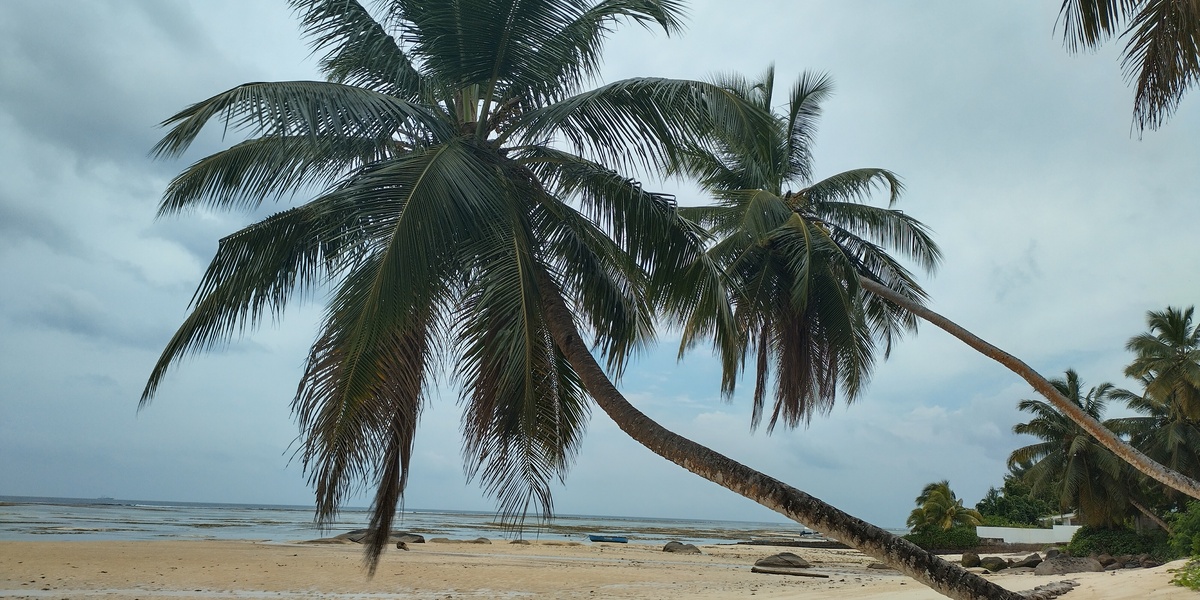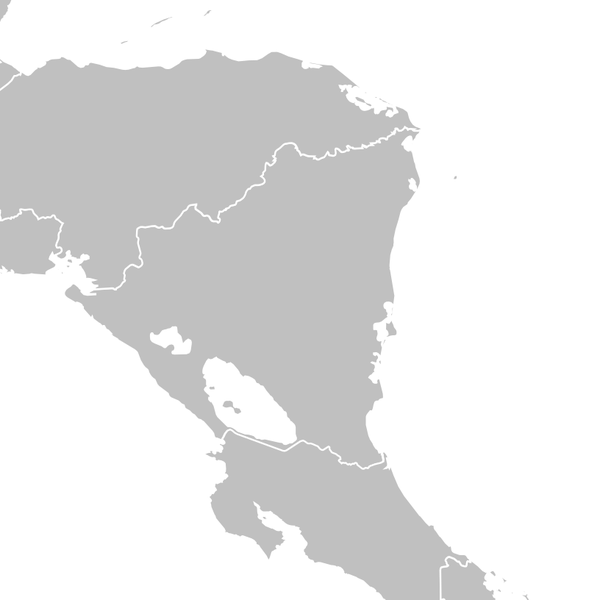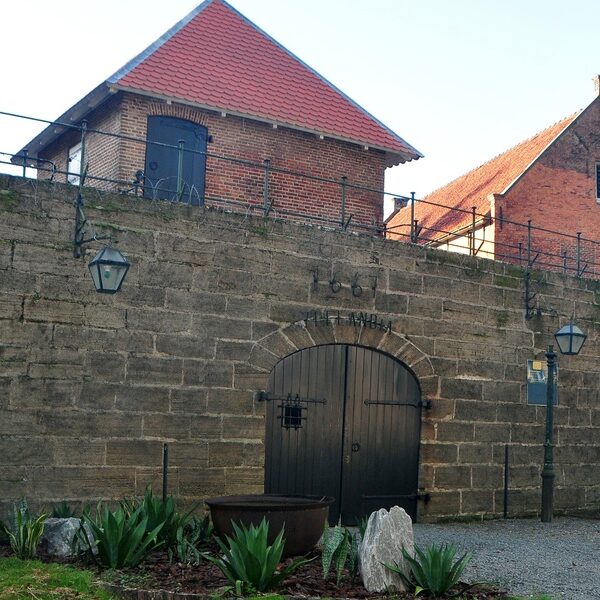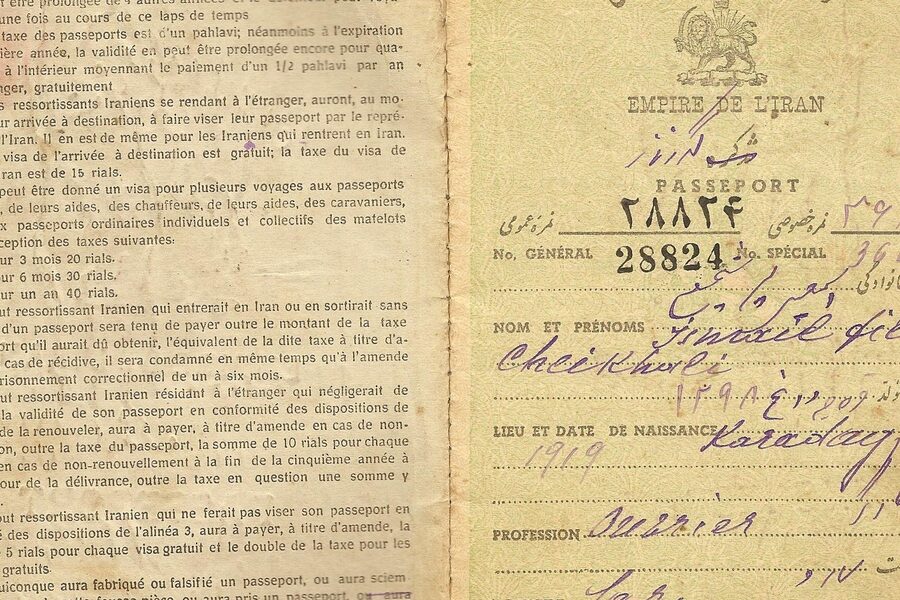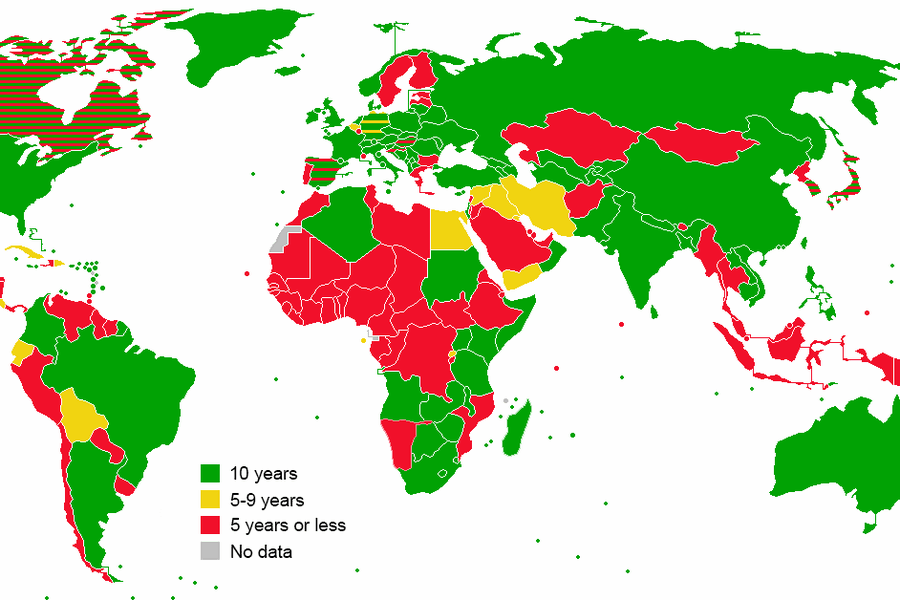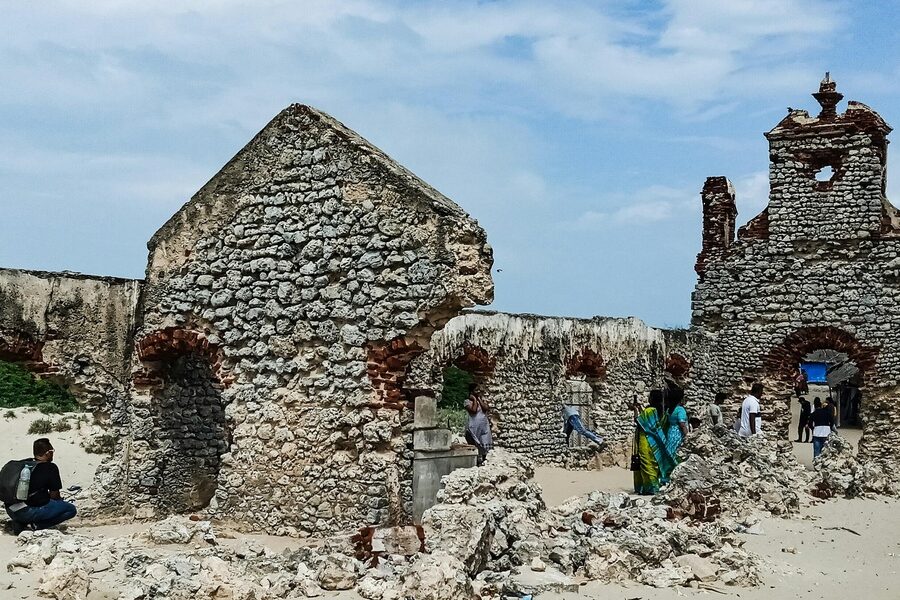The Seychelles aren’t just a postcard — they’re a living community with warm markets, small islands and a blend of Creole, English and French that shapes everyday life. A few friendly phrases go a long way when you hop between beaches, ferries and family-run cafés.
There are 40 Useful Phrases for Tourists in Seychelles, ranging from Alo to Twa. They’re organized with English translation, Phonetic, Usage/Context so you can see meaning, how to say it, and when to use it — you’ll find them below.
How should I practice pronunciation before I travel?
Listen to native speakers where possible (short videos or phrase apps) and repeat aloud focusing on rhythm rather than perfection; Seychellois Creole is phonetic and locals appreciate any attempt. Use the phonetic column to get comfortable with sounds and try phrases in low-stakes settings like a shop or bus.
Do I need to know these phrases or is English enough?
Many Seychellois speak English, but using Creole phrases opens doors — it shows respect and often gets friendlier service or clearer directions. Rely on English when necessary, but keep the list handy for greetings, thanks and simple questions.
Useful Phrases for Tourists in Seychelles
| Phrase (Creole) | English translation | Phonetic | Usage/Context |
|---|---|---|---|
| Bonzour | Hello / Good morning | bon-ZOOR | Greeting (morning/hello) |
| Bonswar | Good evening | bon-SWAR | Greeting (evening) |
| Alo | Hello (phone) / Hi | AH-lo | Phone greeting or casual hello |
| Koman ou ete? | How are you? | KOH-man oo EHT-ay | Small-talk / Greeting response |
| Byen, mersi | Fine, thank you | BI-en, MER-see | Reply to “How are you?” |
| Mersi | Thank you | MER-see | Politeness / Thanks |
| Mersi bokou | Thank you very much | MER-see boh-KOO | Expressing gratitude strongly |
| Silvouplé | Please | seel-voo-PLEY | Politeness / Requests |
| Eskiz mwan | Excuse me / Sorry | es-KEEZ mwan | Getting attention / Apology |
| Mon desole | I’m sorry | mon deh-soh-LAY | Apology / Regret |
| Kot plaz? | Where is the beach? | KOT PLAHZ? | Asking directions (beach) |
| Ki mannyer pou al… | How do I get to…? | kee MAN-yay poo al… | Directions to place |
| Tout droit | Straight ahead | TOOT drwah | Directions (French, common) |
| Tounen a goch | Turn left | TOO-nen ah gosh | Directions (left turn) |
| Tounen a drwat | Turn right | TOO-nen ah drwat | Directions (right turn) |
| Konbyen i koute? | How much does it cost? | KON-byen ee koo-TAY | Prices / Shopping |
| Mon annan rezervasyon | I have a reservation | mon ah-NAHN reh-zehr-va-SYON | Accommodation / Booking |
| Mon pa konpran | I don’t understand | mon pah kon-PRAHN | Communication / Clarification |
| Eski ou koz angle? | Do you speak English? | ES-kee oo koz AN-glay? | Language question |
| Mon bezwen led | I need help | mon beh-ZWAN LED | Assistance / Non-emergency help |
| Au secours! | Help! (emergency) | oh seh-KOOR | Emergency / Urgent help |
| Mon bezwen en dokter | I need a doctor | mon beh-ZWAN en dok-TEHR | Medical emergency / Help |
| Apele polis | Call the police | ah-PEL polis | Emergency / Safety issues |
| Menyu silvouplé | Menu, please | MEH-nyoo seel-voo-PLEY | Dining / Ordering |
| Mon pa manz vyann | I don’t eat meat | mon pah manj vyahn | Dietary restriction (vegetarian) |
| Mon ena alergi avek… | I’m allergic to… | mon EH-na ah-ler-ZEE ah-VEK… | Food / Medical warnings |
| Eski mon kapab pran foto? | Can I take a photo? | ES-kee mon ka-PAH pran FOH-toh? | Photography / Respectful asking |
| Kot bureau de change? | Where is the currency exchange? | KOT BYOO-ro deh SHAHNJ? | Money / Banking |
| Sa tro cher | That’s too expensive | SAH troh SHER | Negotiation / Shopping |
| Eski ou kapab fer rabé? | Can you give a discount? | ES-kee oo ka-PAH fer ra-BAY? | Bargaining / Shopping |
| Mon pran sa | I’ll take this | mon prahn SAH | Shopping / Purchase decision |
| Eski zot aksepte kat? | Do you accept cards? | ES-kee zot ak-SEP-teh kaht? | Payment methods / Shops |
| Bon apeti | Enjoy your meal | bon ah-peh-TEE | Dining courtesy |
| Bon zournen | Have a nice day | bon zhoor-NEN | Parting phrase |
| Enn | One | en | Numbers / Prices |
| De | Two | deh | Numbers / Prices |
| Twa | Three | trwah | Numbers / Prices |
| Kat | Four | kaht | Numbers / Prices |
| Senk | Five | senk | Numbers / Prices |
| Sis | Six | sees | Numbers / Prices |
Descriptions
Bonzour
Simple, friendly morning greeting used everywhere. Smile, say it when entering shops or meeting people. Less formal than a full introduction and widely understood; follow with “Koman ou ete?” for small talk.
Bonswar
Evening greeting for late afternoons and nights. Polite and commonly used at restaurants, bars, and with locals. Use instead of “Bonzour” after sunset; pairs nicely with “Bon swar, mersi” when leaving.
Alo
Used mainly on the phone or as a casual “hi.” Short and universal; if you want to be polite add a name or “Bonzour” first. Not formal but very common.
Koman ou ete?
A friendly way to ask “How are you?” in Creole. Use with shopkeepers, tour guides, or neighbors. A polite reply is “Byen, mersi” or “Byen” to keep things brief.
Byen, mersi
Polite, short reply after someone asks how you are. Adds warmth; say it even if you’re tired. “Mersi” shows appreciation and keeps the interaction friendly.
Mersi
The basic “thank you” in Creole, used everywhere. Short, easy and appreciated. Combine with “bonzour” or “bonswar” for extra politeness: “Mersi, bonzour.”
Mersi bokou
Use to show stronger gratitude for help, good service, or favors. Very polite and warmly received. Locals will often respond with “Pa problème” or “I enportan.”
Silvouplé
Borrowed from French, used for polite requests. Say it when ordering, asking for directions, or requesting help. Softens commands and is expected in courteous interactions.
Eskiz mwan
Use to get past someone, to interrupt, or to apologize for small bumps. Polite and versatile; follow with a brief explanation if needed. Tone matters—be sincere.
Mon desole
Stronger apology for mistakes or inconveniences. Appropriate if you accidentally offend or cause trouble. Use with calm tone; locals appreciate sincere apologies.
Kot plaz?
Very useful on an island—short and direct. Locals will often point and name a nearby beach; you can add the beach name: “Kot Anse Source d’Argent?”
Ki mannyer pou al…
Start this phrase and add your destination: “Ki mannyer pou al Lazour?” Useful when asking for bus, taxi, or walking directions. Locals may answer with bus numbers or advice about roads.
Tout droit
French phrase widely understood and used for directions. Say it when confirming a route. Simple and direct; pair with “puis” (then) for multi-step directions.
Tounen a goch
Common Creole instruction when navigating roads or paths. Use with “apré” (after) for more detail: “Tounen a goch apre le pont.” Pronunciation casual and clear.
Tounen a drwat
Clear way to ask for a right turn. Combine with landmarks (“apré lakaz” ) for accuracy. Drivers and pedestrians use this often.
Konbyen i koute?
Basic bargaining and price question. Use in markets, taxis (if meter unclear), and souvenir shops. Expect prices in rupees; polite bargaining is common in markets.
Mon annan rezervasyon
Say this at hotel reception or restaurant booking. Smooth opening line; have your confirmation ready and state your name. Helpful in Creole- or French-speaking establishments.
Mon pa konpran
Polite and useful when language barriers arise. Locals often switch to English or French if they can. You can follow with “Eski ou kapab repet?” to ask them to repeat.
Eski ou koz angle?
Quick way to ask if someone speaks English. If they don’t, try asking in French (“Parlez-vous français?”) or use simple Creole phrases. Very practical for finding translators.
Mon bezwen led
Direct, polite request for help. Use with a brief explanation: “Mon bezwen led avek ma valiz.” Locals will usually respond quickly and kindly.
Au secours!
French emergency cry widely understood; use in dangerous or urgent situations. Short, loud, and attention-grabbing. Follow up by pointing or calling local emergency numbers if possible.
Mon bezwen en dokter
Use at hotels, pharmacies, or with locals to request medical assistance. Gives clear urgency; staff will often fetch a doctor or direct you to a clinic.
Apele polis
Ask someone to call authorities for theft, threats, or serious accidents. Direct and urgent; say where you are and what happened. Useful if you can’t reach emergency services yourself.
Menyu silvouplé
Requesting the menu at restaurants and cafés. Many places may hand a menu in Creole, French, or English. Saying “Menyu silvouplé” signals polite ordering intent.
Mon pa manz vyann
Clear, direct phrase to avoid meat dishes. Useful in markets and restaurants. You can specify “mon pa manz laanm” (I don’t eat lamb) or add allergies for clarity.
Mon ena alergi avek…
Important for diets and medical care. Finish the phrase with the ingredient: “mon ena alergi avek noix” (nuts). Always point to menu items and inform staff clearly.
Eski mon kapab pran foto?
Ask before photographing people, private property, or ceremonies. Many locals appreciate being asked first. For wildlife and beaches, signs may restrict drones or photos.
Kot bureau de change?
French term “bureau de change” commonly used for money exchange. Ask this at airports, hotels, or kiosks. Always count notes and check rates before exchanging.
Sa tro cher
Polite way to open bargaining. Useful in markets and for souvenirs. Follow with a counter-offer or “Ki pri ou propoze?” Expect light negotiation in many stalls.
Eski ou kapab fer rabé?
Polite bargaining phrase in markets and small shops. Sellers often expect some haggling. Smile, be respectful, and suggest a reasonable lower price to find common ground.
Mon pran sa
Short confirmation when buying souvenirs or items. Clear and decisive; hand over money or ask for a receipt. Useful in busy markets to avoid confusion.
Eski zot aksepte kat?
Useful before ordering or buying. Many small vendors prefer cash; bigger hotels and restaurants accept cards. If not, ask “Kot ATM?” to locate cash machines.
Bon apeti
Common French phrase used at table meals and restaurants. Polite to say when food is served or when joining someone eating. Warm and universally understood.
Bon zournen
Friendly goodbye used when leaving shops or saying farewell. Short, polite, and appreciated. You can combine with “Mersi” for extra warmth: “Mersi, bon zournen.”
Enn
Basic number 1 in Creole. Useful for counting, prices, or asking for quantities. Pair with items: “Enn kafé” to order one coffee. Pronunciation simple and common.
De
Number 2. Use for quantities and simple conversations about price or people. Clear and often used with demonstratives like “de dimoun” (two people).
Twa
Number 3 in Creole. Use for counting and small group sizes. Common in markets when asking for units: “Twa mango” for three mangoes.
Kat
Number 4. Handy for telling prices, requesting items, or discussing group sizes. Combine with nouns directly for quick requests.
Senk
Number 5. Useful for small purchases, splitting bills, or counting. Practice pronunciation a couple of times for clarity with vendors.
Sis
Number 6. Helpful when dealing with tickets, bus numbers, or quantities. Easy to say and widely understood.

